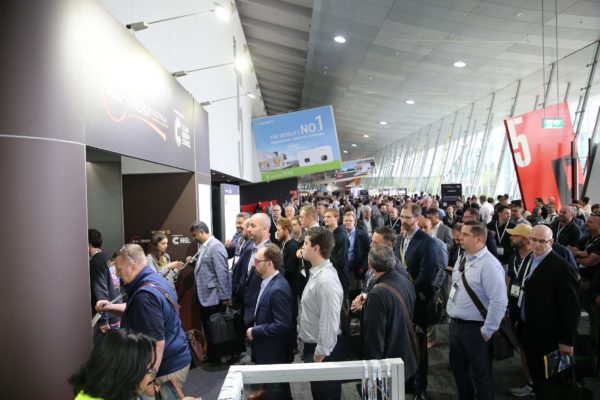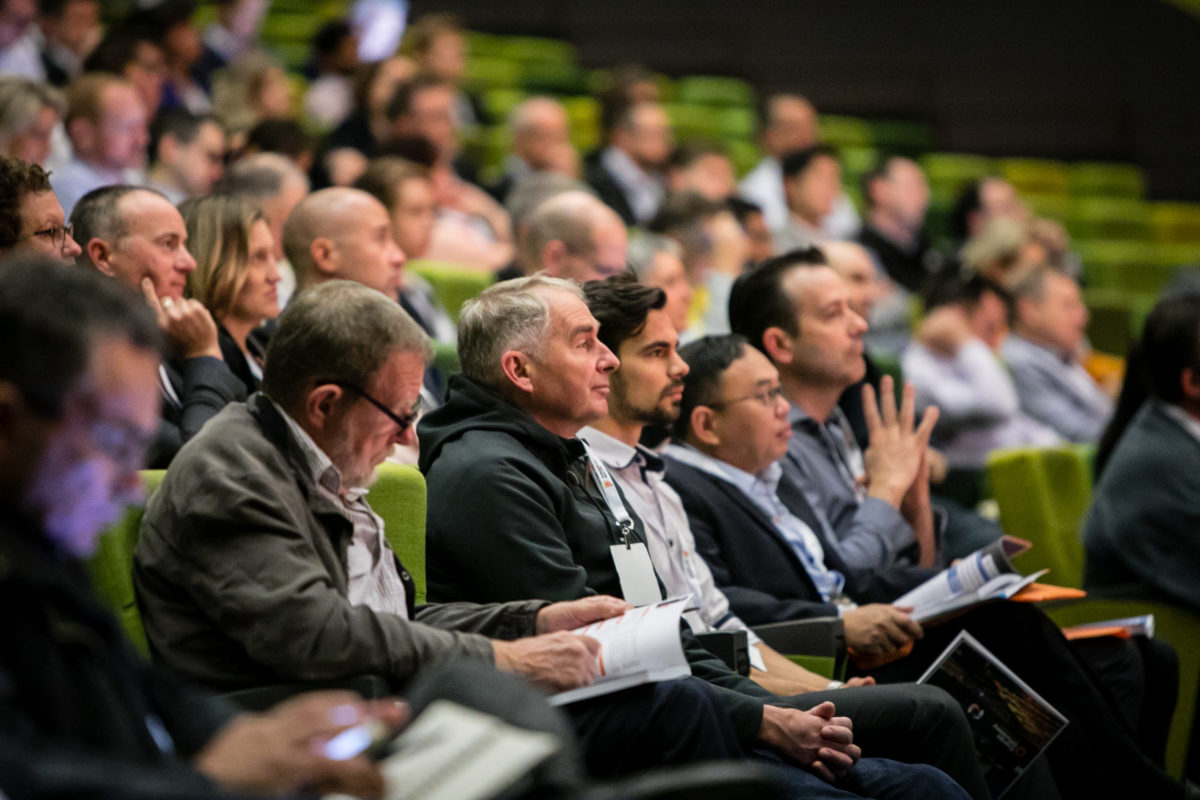Analysis from the Carbon Brief has found Australia has paid substantially less than half its “fair share” towards the internationally agreed on target of raising $154.4 billion (USD 100 billion) for climate finance. This piece of accounting centres on the premise that countries which polluted more should pay more.
Sound as that logic may be – especially given the fact climate change disproportionally affects countries which have emitted less and tend to be less developed – the question of fairness isn’t one Australia appears eager to discuss. Or, evidently, pay for.
The world's elite have arrived at #COP27 on hundreds of private jets to lecture you about climate change. Sponsored by Coca-Cola. pic.twitter.com/fR4rqxL1nP
— DiEM25 (@DiEM_25) November 7, 2022
The Australian delegation in Sharm El Sheikh, Egypt, for the 2022 United Nations Climate Change Conference, COP27, which got underway on Nov. 6, may not have a choice though, after developing nations managed to get the controversial issue of money for “loss and damage” associated with climate change put on the summit agenda.
With Australia sitting alongside the United States, Canada and the United Kingdom, all of which have also contributed far less than their “fair shares” to the global climate finance target, it will be interesting to see if developing nations can find powerful players ready to lend a listening ear on the issue of climate (in)justice.
#COP27 update 7 Nov
Team @CarbonBrief is watching closely, draft text by draft text, for the next 2wks
Here's some highlights from negotiations so far:
📋#LossAndDamage finance on the agenda…
🎯…"finance flows" & 1.5C are not
🌲Concerns over CO2 "removals" guidance— Simon Evans (@DrSimEvans) November 7, 2022
All Energy
Back at home and safely within the arms of the renewable energy industry, the reluctance to grapple with issues of fairness and deep sustainability continue.
At Australia’s premier renewable energy conference, All Energy, held recently in Melbourne, panels devoted to questions of how we divvy out the benefits of the transition could be counted on one hand.
As Simon Currie, principal and cofounder of Energy Estate, pointed out, there was no visible presence from unions, and no interaction with school children or future generations.

Image: All Energy
There was also very little said about sustainability beyond decarbonisation. Given the continuing preference for the “solution” of overbuilding renewables, using chemical batteries and spruiking electric vehicles for all households, it would suggest attendees aren’t really considering pollution and embodied energy in particularly thoughtful ways.
It was glaringly obviously that the conversations are being led (and mostly covered) by an extremely narrow subset of Australians: entrepreneurs or aspiring entrepreneurs. In other words, largely middle-aged white men devoted to free market economics.
The habitual and wildly unoriginal response “leave it to the market, the market always knows best” – as if the free market were a new and “disruptive” philosophical concept rather than the exact model which brought us to where we are today – hardly imbues one with a great confidence that Australia’s climate response is on a just and equitable path.
COP27
So far, it doesn’t seem like too much has happened in the first few days of the summit other than Andrew Forrest getting a lot of airtime, and Australia signing up to the “Green Shipping Challenge” to decarbonise global shipping at US President Joe Biden’s behest.
These are the world leaders gathered for #COP27. The fact that less than 10 of them are women is simply beyond words.
The pic is from @UNFCCC and it's large enough to allow sufficient zooming to literally count the female leaders. pic.twitter.com/6t26C9UGs7
— Diego Arguedas Ortiz (@arguedasortiz) November 7, 2022
The Green Climate Fund, which former Prime Minister Scott Morrison quit in 2019, is part of the compact between poor and rich countries, the basis for the Paris climate agreement, and seeks to support the efforts of developing countries in responding to the challenge of climate change.
Australia’s summit delegation – led by energy minister Chris Bowen, and notably excluding Prime Minister Anthony Albanese – is also trying to drum up support to host the 2026 conference alongside Pacific nations. Our country’s poor climate record with the Pacific probably doesn’t win us much faith with our neighbours, though.
#COP27 must deliver massive emissions reductions, money for loss & damage with social justice
As #ClimateChange negotiations have failed over the last 30 years. 🤦♂️
Carbon dioxide levels still going up ⬆️ causing rising global temperatures 🌡
1.2°C and rising ➡️ 🌪💨⛈🌀🌊🔥🥵 pic.twitter.com/buZpWD8ETq
— Professor Mark Maslin 𝕏 🙄 (@ProfMarkMaslin) November 5, 2022
Australia is reportedly also battling Germany for the privilege – a country more developed in its discussions of climate equity – and with a much better climate financing history, having allocated above its “fair share,” according to the Carbon Brief.
Even from a distance, it’s hard not to taste COP27’s soured flavour. After a year that has seen fossil fuel profits ascend to the heavens and fear around energy security surge, the tone is far from upbeat. Climate activist and youth ambassador Greta Thunberg has refused to attend COP27, labelling the summit an exercise in “greenwashing, lying and cheating.”
Indeed, the event is sponsored by Coca-Cola, which uses fossil fuels to produce about 120 billion disposable bottles each year. And despite being dubbed the African COP, youth activists have reportedly struggled to get passes to the event – only reaffirming the image that conference-goers want to continue shirking the topic of fairness.
Whether Australia and other developed nations will properly consider how the question of fairness sits in systems they currently benefits from, only time will tell.
This content is protected by copyright and may not be reused. If you want to cooperate with us and would like to reuse some of our content, please contact: editors@pv-magazine.com.









By submitting this form you agree to pv magazine using your data for the purposes of publishing your comment.
Your personal data will only be disclosed or otherwise transmitted to third parties for the purposes of spam filtering or if this is necessary for technical maintenance of the website. Any other transfer to third parties will not take place unless this is justified on the basis of applicable data protection regulations or if pv magazine is legally obliged to do so.
You may revoke this consent at any time with effect for the future, in which case your personal data will be deleted immediately. Otherwise, your data will be deleted if pv magazine has processed your request or the purpose of data storage is fulfilled.
Further information on data privacy can be found in our Data Protection Policy.